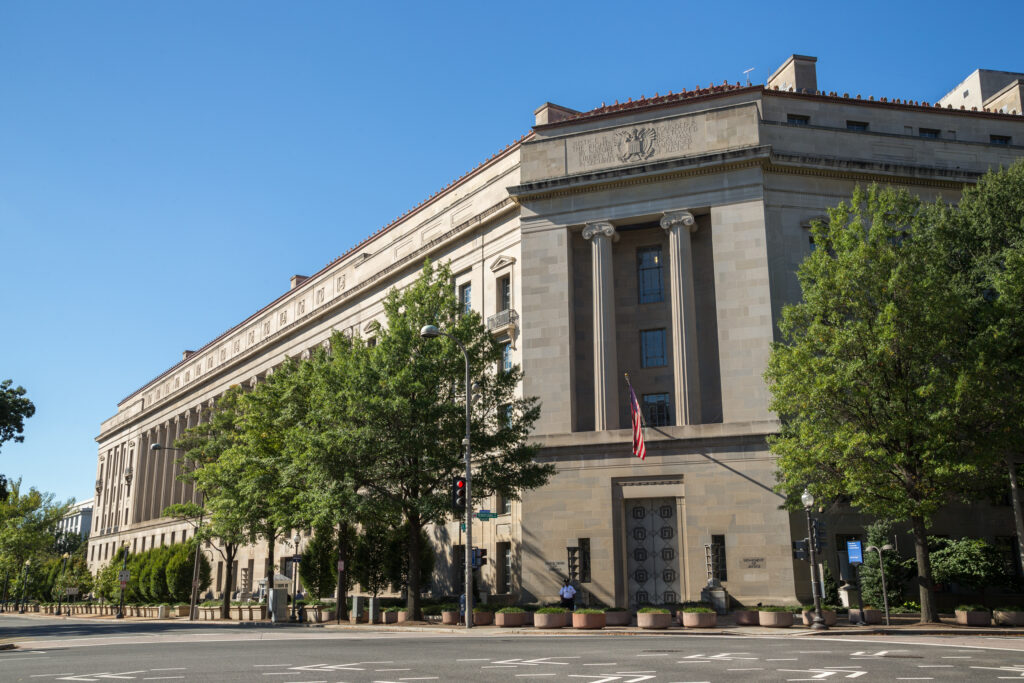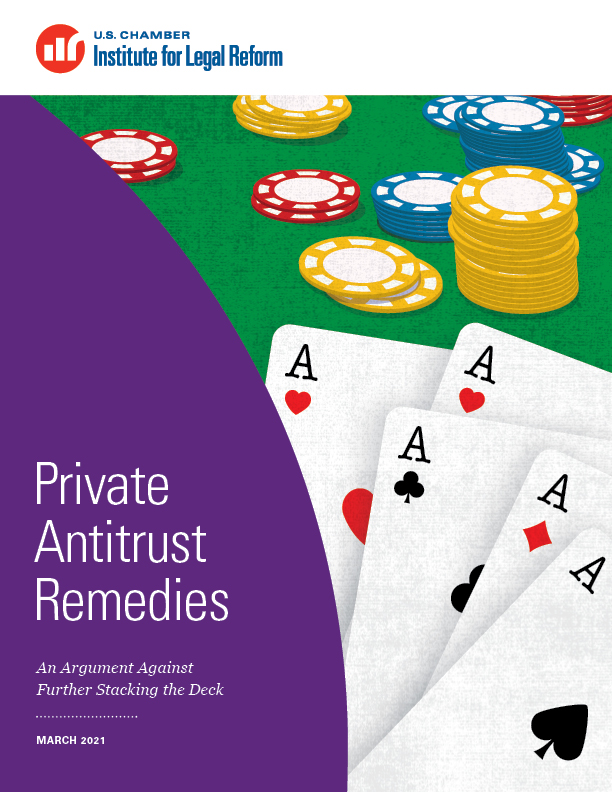Since early 2017, the Department of Justice (DOJ) has displayed a sharp focus on promoting the rule of law, which has included a number of positive policy changes aimed at addressing the over-enforcement problems that many businesses have faced.
For starters, the Attorney General announced early in 2017 a prohibition against directing settlement proceeds to third party groups. Several months later, the Department announced groundbreaking changes in the U.S. Attorneys’ Manual, which would give companies facing potential liabilities under the Foreign Corrupt Practices Act concrete incentives for voluntary disclosures, cooperation, and compliance programs. Indeed, Deputy Attorney General Rod Rosenstein has explained rightly that DOJ is committed to rewarding companies with strong compliance programs that promote prevention rather than post hoc enforcement.
The Department’s positive efforts have continued throughout 2018. From the Civil Division’s directives on dismissing unmeritorious False Claims Act cases; to the so-called Brand Memo prohibiting DOJ reliance on sub-regulatory agency guidance for purposes of establishing liability; and to the recent efforts to mitigate so-called “piling on” enforcement activity by multiple agencies, the Department is bringing more rational policies to the forefront.
These simple measures represent a huge step toward restoring balance and fairness in what had been an increasingly onerous and opaque process for companies caught in the crosshairs of a government investigation.
The U.S. Chamber Institute for Legal Reform (ILR) applauds DOJ leadership for formalizing these policy changes to prevent over-enforcement by the federal government. This shift demonstrates that those at the top are committed to avoiding unnecessary and duplicative investigations, as well as the use of unethical tactics to coerce settlements from businesses that are honestly trying to stay on the right side of the law.
In order to continue this important work, there needs to be permanent leadership in place at several key litigating divisions, starting with the Criminal Division. But for more than a year, attorney Brian Benczkowski has faced an unprecedented delay in being confirmed as Assistant Attorney General for the Criminal Division of the DOJ.
Today the U.S. Senate is scheduled to vote on confirming Benczkowski to this key post, which will allow DOJ to continue on its path of reining in over-enforcement against American companies.
The Senate should move swiftly to confirm him.



